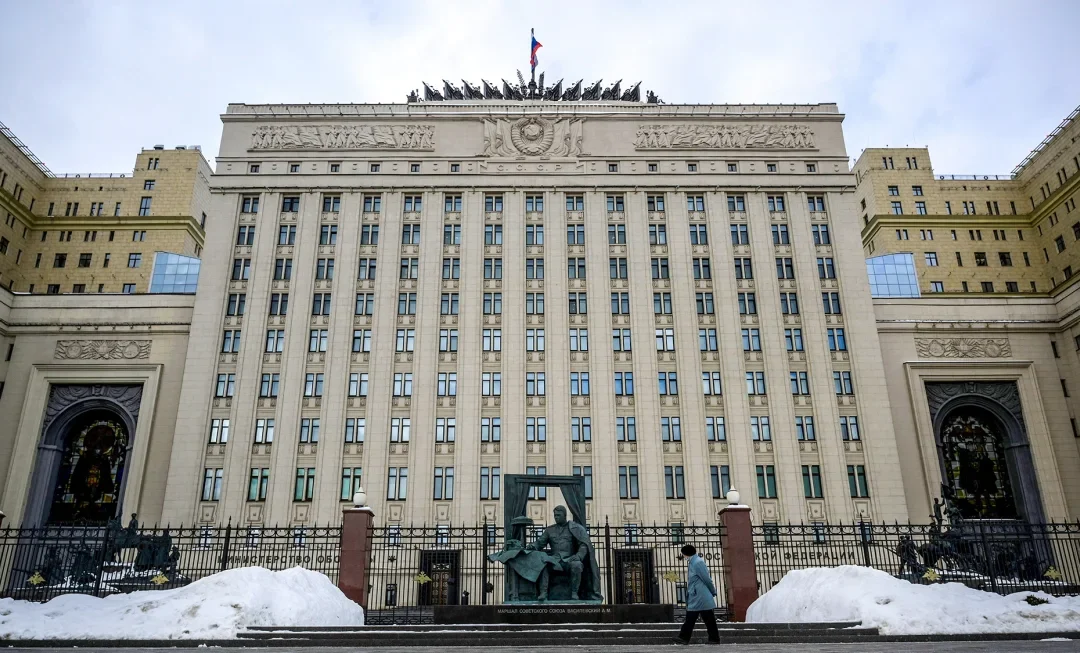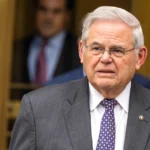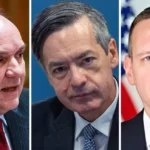After the shock ouster, two weeks ago, of Sergei Shoigu as the minister for defense, a wave of arrests has gutted the defense ministry’s top brass under the guise of an anti-corruption campaign.
The timing is as intriguing as the arrests and reshuffle. After almost three years of failure on the battlefields in Ukraine, Russia has just gained the upper hand. It has, in recent weeks, launched a largely successful offensive in the north, toward Kharkiv, coupled with victories in the Donbas region in the east, too.
Ukraine’s crippling manpower shortage and dwindling ammunition supplies — exacerbated by months of stalling in the US Congress to approve a military support package — have also helped reverse Russia’s fortunes.
So the question then is, why shake up the ministry in charge of winning the war now?
Analysts who spoke to CNN described the defense ministry as one of the most corrupt in the country. Russian state media has been disclosing military contracts worth eye-watering sums of money and publicly shaming the ministry’s senior officials and their lavish lifestyles. But as one analyst told CNN, what we are witnessing is a “very complex polycentric game,” one that is related to timing and Putin’s existential search for victory against the West.
Prigozhin message from the grave
Hanging over this shake-up is the ghost of Yevgeny Prigozhin, boss of the Wagner mercenary group, who was also formerly known as “Putin’s Chef.”
Before his death, he had expressed hatred for Shoigu and Russia’s top general, Valery Gerasimov, through profanity-laden tirades, accusing them and the ministry of corruption and incompetence.
Prigozhin led a mutiny on Moscow that was supposed to end with the overthrow of Shoigu and Gerasimov. Instead, he put the president in an awkward position and challenged his authority. Putin responded by describing Prigozhin as a traitor and stripped him of his assets, all before he died in a suspicious plane crash, alongside his most senior advisers.
Since then, Putin has kept the inefficiencies of the ministry’s weapons procurement, as well as its bungled invasion of Ukraine and corruption allegations, out of the public eye, keen to show he would not make any knee-jerk reactions following the mutiny. Doing so might question his authority and strength to the Russian people.
Putin was likely awaiting his reelection by the Russian people in March before making moving in on the defense ministry. The changes came shortly after Victory Day celebrations on May 9, which Putin and Shoigu attended, side by side, in a seemingly amicable appearance.




















